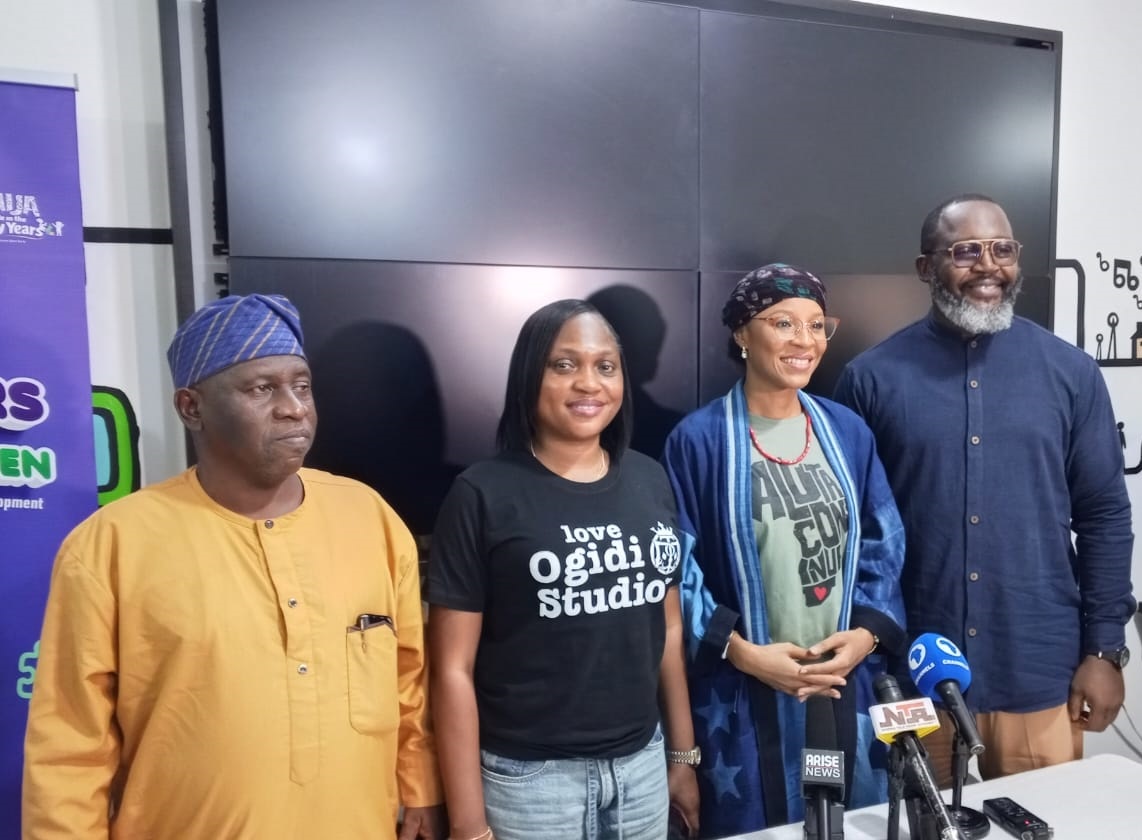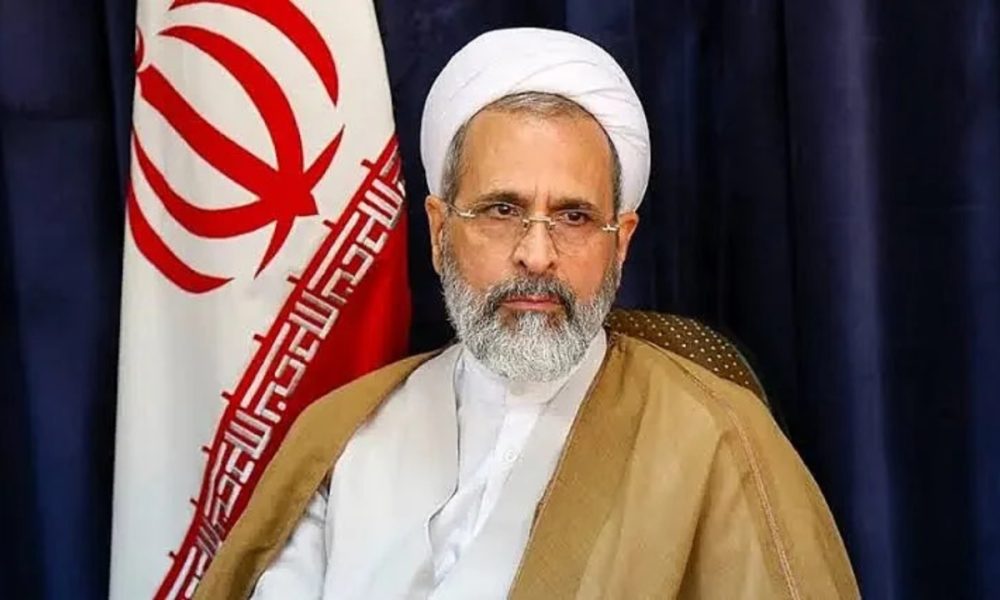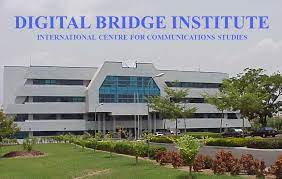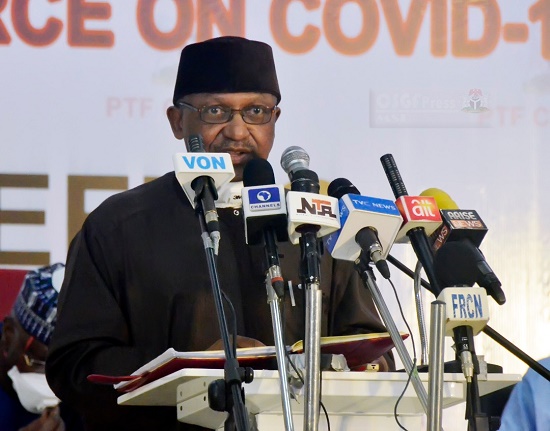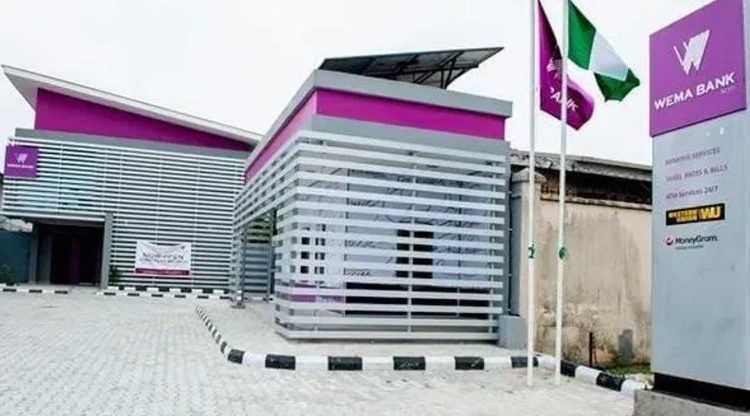The Nigerian Communications Commission (NCC) recently fulfilled its pledge to provide additional practical training for the maiden graduates of the9mobile/Digital BichiEmirate Entrepreneurship Initiative. The two-week training conducted at theDigital Bridge Institute (DBI) Kano provided 60 graduands with skills training in six key areas of Mobile Devices repairs, Solar Installation & Maintenance, Digital Marketing, Graphic Design, Web Design, and Video Edition & Animation.
Speaking during a special event to mark the end of the training, the Executive Vice-Chairman/CEO of the NCC, Professor Umar Garba Danbatta, represented by the Head of Broadband Unit, Special Duties Department, NCC, Engr. BabaganaDigima congratulated the graduands, His Highness Alhaji Nasiru Ado Bayeroand the faculty for facilitating the training.
He said, “I will like to acknowledge our collective efforts here today, particularly to the Bichi Emirate under the visionary leadership of His Highness, the Emir, Alhaji Nasiru AdoBayero, for conceiving the Digital Bichi Initiative, Advancing Digital Opportunities Foundation (ADOF) for facilitating the training and 9mobile for providing technical support to the graduands. We also recognize DBI for designing the practical skills training, providing trainers and their facility, and the Commission for its sponsorship and provision of a laptop for each of the participants to help them towards being independent and becoming self-employed, which is the expected outcome of the training.”
Commending the NCC for putting together the advanced digital skills training, Chairman, Board of Directors, EMTS, and Emir of Bichi, His Highness, Alhaji Nasiru AdoBayero said, “You will recall that during my coronation lecture in August, the EVC of the NCC promised to compliment the training received by the first set of graduates we produced. What we are witnessing today is the fulfillment of that promise. We are most grateful for the support we continue to receive from the NCC and our other partners. We are confident that this initiative will enjoy growth and sustainability as long as our partners remain firmly behind us. I urge all graduatesto make the best use of the training they have received and continue to improve on themselves. On our part, we will continue to strive to make more opportunities available to our people in the journey to continue to empower and improve their lives.”
The event was attended by representatives from 9mobile, NCC, DBI and Bichi Emirate.
NCC, SMEDAN collaborate on digital scheme for SMEs
To give expression to its faith in the value of strategic partnership and commitment to collaboration, the Nigerian Communications Commission (NCC) has partnered with the Small and Medium Enterprises Development Agency of Nigeria (SMEDAN) to establish an SME Digital Academy.
The SME Digital Academy is a public-private partnership initiative being driven by the NCC, SMEDAN, and Sapphital Learning Limited, a leading digital learning platform, essentially to provide micro, small and medium enterprises (MSME) owners with digital skills to enhance their entrepreneurial skills. The partnership also aims to equip entrepreneurs and start-ups with the necessary digital skills required to navigate the increasingly digitised world.
Speaking at the launch, which took place at the NEXIM House in Abuja recently, the Executive Vice Chairman of NCC, Prof. Umar Garba Danbatta, said the setting up of the scheme was based on the realization that in today’s global economy, a borderless educational and economic system will be the next stage of the digital economy.
Represented at the launch by the NCC’s Director, Digital Economy, Dr. Austin Nwaulune, the EVC noted that, while the collaboration between the NCC and SMEDAN was a step towards economic diversification, digital technologies were key in the implementation of this initiative.
He said the NCC had continued to work towards providing information and communications technology (ICT) support to various sectors in the country. He noted that with over 41 million Micro, Small, and Medium Enterprises (MSMEs) in Nigeria, proper empowerment of entrepreneurs would create an extremely powerful impact on the nation’s economic growth.
Danbatta said SMEs’ empowerment would also help in providing employment, lessening societal vices, developing the economy, increasing foreign exchange as well as improving the general well-being of Nigerians.
“Knowledge is pivotal to the growth of entrepreneurship, as it provides the businessman or woman, the know-how on raising capital, strategic partnership, and proper organisational, administrative, sales, and marketing skills required to run an effective business. Knowledge is, therefore, the food of every economy, especially, the digital economy, as it fuels its growth and stimulated the digital ecosystem,” he said.
Danbatta recalled that when SMEDAN set up the Digital Academy, in November 2020, as an avenue to support SME development during the Covid- 19 lockdown, the NCC was excited and immediately keyed into the strategic partnership because of the potential impact of the initiative on the Nigerian economy.
He acknowledged the role of SMEDAN as a bridge between the instructors and students, experts and start-ups, funding parties and businesses to the millions of MSMEs. “So, the timing is precise for the collaboration as the country is in dire need of diversification. Through the Digital Academy, the MSMEs, start-ups, freelancers, would be provided with a platform to access courses “on-the-go” from devices and locations of their convenience,” he said.
The EVC restated the unflinching commitment of the Commission to providing the required leverage needed for ICT development in Nigeria, just as it will support the Digital Academy to provide a digital platform for entrepreneurs and start-ups across the 36 states of the federation and the Federal Capital Territory (FCT), Abuja.
Also speaking at the event, the Director-General of SMEDAN, Dr. Dikko Radda, who was represented by the Director, Enterprise Development and Promotion at the agency, Moses Ewan, expressed delight at the partnership with the NCC and declared that over 41.5 million MSME were domiciled in Nigeria.
Citing a recent survey, Radda noted that the entrepreneurs had contributed 49.78 per cent to the nominal Gross Domestic Product (GDP), leading to the employment of about 59.6 million Nigerians which translates to 76.5 per cent of the labour force.
“These small-scale enterprises need to be encouraged and nurtured to enable them to create jobs, contribute to the alleviation of poverty, and want. SMEDAN, which is an agency in the Federal Ministry of Trade and Industry and established over 15 years ago, operates on five platforms, namely, dissemination of information, delivery of business development services, networking and cluster formation, policy and public advocacy, and lastly, provision of access to critical resources,” Radda said.
The Group Chief Executive Officer, Sapphital Learning Limited, Amu Ogbeide, in his opening remarks, said his company was excited to be working with SMEDAN on the ongoing efforts to empower entrepreneurs and start-ups in the country. He also said that, through working with SMEDAN, Sapphital has been instrumental to the digitisation of SMEDAN’s entrepreneurial digital literacy journey.
PPP will grow Nigeria’s tech infrastructure – Presidency
Mr Afolabi Imoukhuede, Senior Special Assistant to the President on Job Creation, says Public-Private Partnership (PPP) will grow Nigeria’s technology infrastructure.
Afolabi said this while fielding questions from newsmen at a youth empowerment programme, tagged, “The Surge Entrepreneurship Summit”, on Saturday in Abuja.
The theme of the summit is “Discovering Your Potential.’’
He said that the government would continue to provide an enabling environment for businesses and innovations to thrive.
“So, the first thing on the side of government is the fact that there is now a ministry that focuses on ICT and digital economy; we all have a lot of states that are buying into that; investments in their states in setting up hubs; in setting up technology infrastructure.
“Now, that is something that we must do; but again, you also find that there are a lot of private sector investments—the amount of global fund, investments that are coming into our tech space is enormous.
“Ventures Park just two days ago announced first close of its fund; US$ 40 million, and these funds are going into investments; it is a pan African fund; Nigeria other African countries we know will benefit.
“So, the tech infrastructure will be grown by a partnership between the public and private sectors and I dare say largely, the private sector.
“What you need from government is really just policy; and what I saw recently as well, is that you find a lot of tech investors who are working with government to define the bill that they know will unlock and open that industry; so the tech guys are doing a lot of work.’’
According to him, it is the inter-relationship of the economy that creates jobs; hence the government will ensure that it keeps creating enabling environment.
He said that the government created such environment for business, ideas and innovations to thrive through its various agencies and ministries.
“Of course, in the first term of this government, we also set up the National Social Investment Programme which we piloted directly though the president at the time; the success of that enabled us to now have a new ministry, Ministry of Humanitarian Affairs, Disaster Management and Social Development anchoring all of the social investment.
“The reason for that is basically just being able to help to stem the poverty tide because interventions in the economy do take time; while you are doing that, people are hungry.
“So, we use the social investment as a short term measure to stem poverty; to stem unemployment through the N-Power programme, the Conditional Cash Transfer, the School Feeding Programme.
“But over and above that, what we are also doing through the MSMEs Clinics that we do across the states is to work with the state and private sector to create opportunities; enabling environment for young people and everyone to able to discover their potential.’’
The presidential aide said that there were a lot of young people in technology space; adding that in the last six years, technology had taken a real surge and helped in creating a lot of job opportunities.
According to him, the collaboration between the states, Federal Government, and the private sector is helping but there are still so much that can be done.
Another speaker at the event, Tosin Shoga, Founder Beat 79, said that communication is a key attribute of a leader.
“To be a good leader; to be able to run an enterprise successfully, communication is one the vital ingredients of becoming successful.
“Our youths must learn how to communicate; how to share information; how to share skills,” he said




